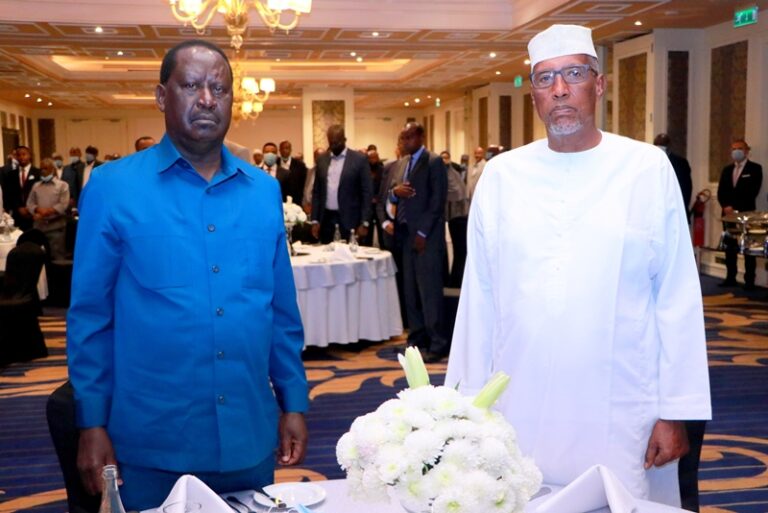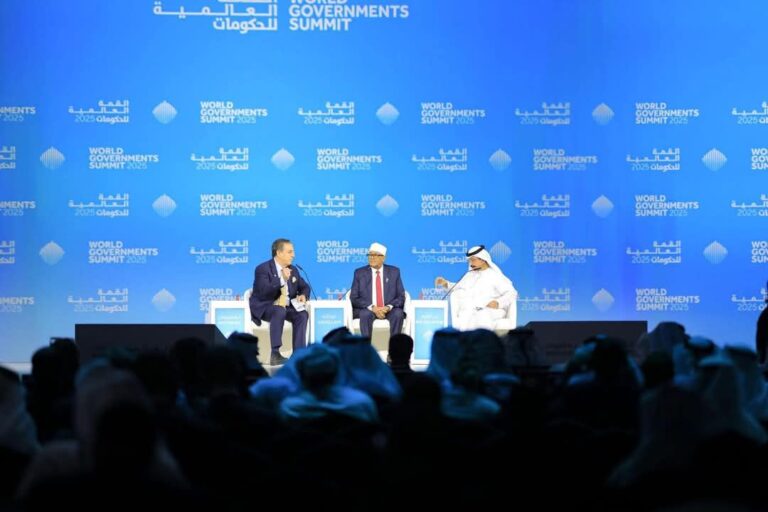In the past six years, my reading has primarily revolved around development, public service, artificial intelligence (AI), and the intricate sphere of service delivery. My governmental roles and multifaceted responsibilities are closely intertwined with these subjects. This interesting encounter has taught me a lot about the serious issues in these fields. Here is a rundown of the books that have shaped my worldview the most in the pivotal year of 2023. I highly recommend these books for all civil servants, as they offer valuable insights and perspectives pertinent to our roles and the challenges we face in our service to the public.
Yes Minister: The Diaries of a Cabinet Minister (Yes Prime Minister) by Antony Jay and Jonathan Lynn
In an intriguing event at the end of 2022, I met my adeero, Dr. Mohamoud Sh Hassan Tani, a medical doctor, and engaged in discussions about the challenges encountered by civil servants within the Somaliland government system. I always seek advice from him, as he is a source of wisdom. Upon concluding our conversation that evening, he recommended, “By the way, you need to read the book ‘YES MINISTER’ or its sequel, ‘YES, PRIME MINISTER’.” Immediately, I ordered the book from Amazon.
Yes Minister” and its sequel, “Yes, Prime Minister,” brilliantly encapsulate the dynamics of government and politics using satire and wit. Through this book and the shows, various key takeaways emerge: The intricate nature of bureaucracy is showcased, revealing the hurdles politicians face dealing with red tape and civil servants. Additionally, the art of political maneuvering and how leaders navigate diplomatic affairs, power struggles, and personal agendas within the political sphere are cleverly portrayed.
The book exposes the ironies within political power dynamics, uncovering the divergence between idealistic principles and pragmatic governance through humor and satire. Moreover, it underscores the importance of effective communication, diplomacy, and negotiation in managing governmental affairs and international relations. It offers a peek into the decision-making processes within government institutions, highlighting the complexities and compromises involved. Furthermore, it presents a reflective lens on leadership, exploring the challenges and dilemmas encountered while steering a country’s affairs. Ultimately, the shows provide a witty and insightful commentary on politics, using humor to dissect the intricacies and dynamics of governance.
How to Run a Government: So that Citizens Benefit and Taxpayers Don’t Go Crazy, by Michael Barber
Michael’s book presents a compelling guide to effective governance and public administration. Drawing on his extensive experience in government and education policy, Barber introduces a practical framework for achieving results in public service. Through illustrative examples and case studies, he emphasizes the importance of setting clear goals, measuring progress, and holding individuals accountable for results.
Barber navigates through the intricacies of policymaking, offering insights into fostering collaboration, transparency, and innovation within government structures. This book serves as an invaluable resource for policymakers, public servants, and anyone keen on understanding the mechanisms behind successful governance and service delivery.
Results: Getting Beyond Politics to Get Important Work Done by Governor Charlie Baker and Steve Kadish
“Results: Getting Beyond Politics to Get Important Work Done,” co-authored by Governor Charlie Baker and Steve Kadish, underscores the necessity of effective governance transcending partisan divides. The book advocates a results-oriented approach, emphasizing tangible outcomes benefiting the public rather than political rhetoric.
The book highlights a four-part results framework: prioritizing people as policy, leveraging data, focusing on actions and methods, and persistently pushing for results. Encouraging bipartisan collaboration, practical problem-solving, effective leadership, and transparent decision-making, it guides civil servants through complex political landscapes, prioritizing efficient governance and impactful outcomes for societal betterment. This framework resonates with Sheikh Mohammed bin Rashid Al Maktoum’s viewpoint on the managerial crisis in service delivery, urging a shift from politics to adept management for robust development.

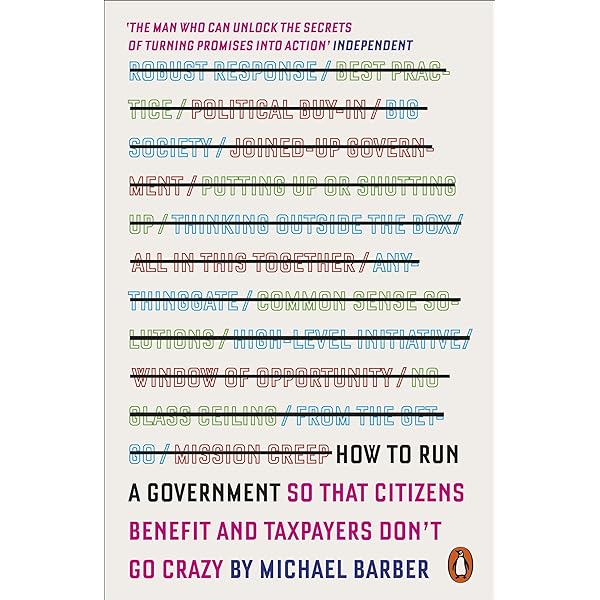
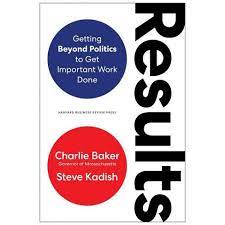
My Story by Mohammed Bin Rashid Al Maktoum
My Story” by Mohammed Bin Rashid Al Maktoum offers a candid and personal glimpse into the life of one of the most influential figures in the United Arab Emirates. Detailing his journey from childhood to becoming the Vice President and Prime Minister of the UAE, as well as the Ruler of Dubai, Al Maktoum provides an intimate narrative reflecting his experiences, accomplishments, and challenges. He shares insights into his leadership philosophy, the transformation of Dubai, and his visions for the future.
The book serves as an inspiring memoir, showcasing the visionary leader’s dedication to progress, innovation, and the advancement of his nation.
The Sheikh CEO: Leadership Lessons from Mohammed Bin Rashid Al Maktoum is a book written by Dr. Yasar Jarrar, Phd
The Sheikh CEO: Leadership Lessons from Mohammed Bin Rashid Al Maktoum,” authored by Dr. Yasar Jarrar, Ph.D., encapsulates crucial leadership lessons derived from the exemplary leadership of Mohammed Bin Rashid Al Maktoum, the visionary ruler of Dubai. The book imparts invaluable insights into effective leadership, strategic decision-making, and innovative governance based on Sheikh Mohammed’s principles.
The book emphasizes transformative leadership, efficient management strategies, and a forward-thinking approach that fosters development, inspiring readers with tangible lessons applicable across diverse leadership contexts.
The Leadership Gap: What Gets in the Way of Your Greatness” by Lolly Daskal
The Leadership Gap: What Gets in the Way of Your Greatness” by Lolly Daskal is an insightful exploration of the obstacles that can hinder leaders from reaching their full potential. Through three sections, Daskal delves into the concept of the leadership gap, identifying seven leadership archetypes and providing practical strategies to overcome these barriers. She emphasizes self-awareness, suggesting ways to capitalize on strengths, enhance emotional control, and build strong relationships.
The book encourages continuous learning and personal growth while urging leaders to embrace their unique leadership style. However, some readers may find the archetypes oversimplified, and the book mainly focuses on individual leadership rather than organizational issues. Nonetheless, it’s a valuable resource for leaders aspiring to enhance their abilities through practical advice and insights.

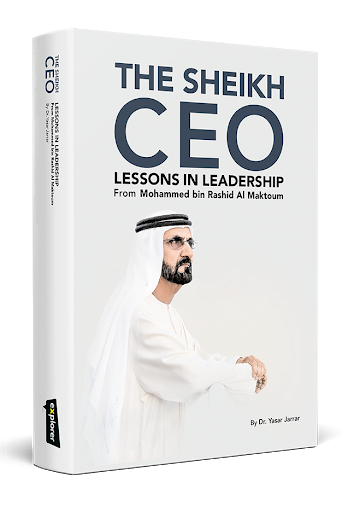
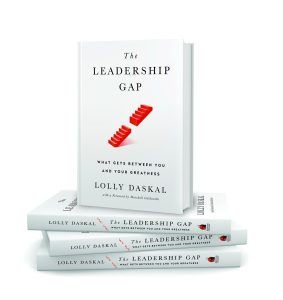
For The Record: -The Inside Story of Power, Politics, Lawmaking & Leadership in Kenya (Aden Duale)
On November 24, 2022, I enjoyed Aden Duale’s interview on Citizen TV’s JKLive Show by Jeff Koinange, especially the parts when he discussed the several shifts he made within Kenya’s political parties. “I’m a proper pastoralist, a political nomad,” he said of his shifts. “Siyaasad reer Guuraa ah from party to party,” an eloquent description of contemporary Somali politics. That also reminds me of Dr. Hussein A. Bulhan’s book “Politics of Cain” and his argument about how Somalis see Hasheena MAANDEEQ and the government. Aden Duale also mentioned his upcoming book, and I noted it.
Fortunately, I received the book this year, 2023. The For the Record book embodies the radical transparency of a tell-all publication. It is filled with candid memories of significant moments, timelines, and private discussions, shedding light on the decision-making of Kenya’s prominent leaders. The book uncovers both the failures and accomplishments of Kenya’s collective leadership in the past decade. It reads as an honest self-assessment—a comprehensive evaluation, flaws and all—offered by a grassroots lawmaker with national influence, offering a clear-eyed analysis by a well-connected politician with access to the corridors of power.
Within this work, Duale delves into the ethos of hard work. He emphasizes the necessity of putting in time, effort, determination, and persistence, even when receiving guidance from a mentor. Ultimately, he underscores that with faith in Allah, everything falls into place.
Having served within a highly documented legislature alongside three presidents and a prime minister, Duale found it imperative to share his narrative. This captivating book was a necessary endeavor, ensuring that the story is preserved for posterity.
How Asia Works: Success and Failure in the World’s Most Dynamic Region, by Joe Studwell
Joe Studwell’s book “How Asia Works: Success and Failure in the World’s Most Dynamic Region” is a riveting assessment of the economic growth of several Asian nations. Studwell examines the underlying elements that have led to the success of countries like Japan, South Korea, and Taiwan, as well as the failures of others.
Studwell’s in-depth examination emphasizes the crucial role of government intervention, land reform, and targeted industrial strategies in achieving successful economic development. This interesting book digs into the deep workings of Asia’s economic trajectory, providing a thought-provoking perspective on the region’s different pathways to prosperity. How Asia Works, a well-researched and remarkable work, is important reading for anybody interested in the growth of these dynamic nations, which will change the globe.
Radical Transformational Leadership: Strategic Action for Change Agents, by Monica Sharma
In the book, Monica Sharma explores the profound potential within each individual to drive transformative change rooted in fundamental human values like dignity, compassion, fairness, and courage. Leveraging her extensive experience with the United Nations and other organizations spanning two decades, Sharma introduces an innovative approach to leadership that goes beyond traditional roles, fostering inclusive systems of change that involve everyone, not solely analysts and policymakers.
She demystifies the complexities of policy-making, planning, and execution, empowering individuals to actively contribute and strategically addressing the world’s most persistent challenges. Through real-world illustrations, Sharma illustrates how our innate qualities of universal compassion, fairness, and human capacity can redefine prevailing norms, effectively tackling issues like profound inequality, pervasive hatred, identity-based conflicts, and the insatiable pursuit of wealth. Written in an engaging, accessible manner, “Radical Transformational Leadership” presents a groundbreaking paradigm shift already yielding equitable and sustainable outcomes worldwide.

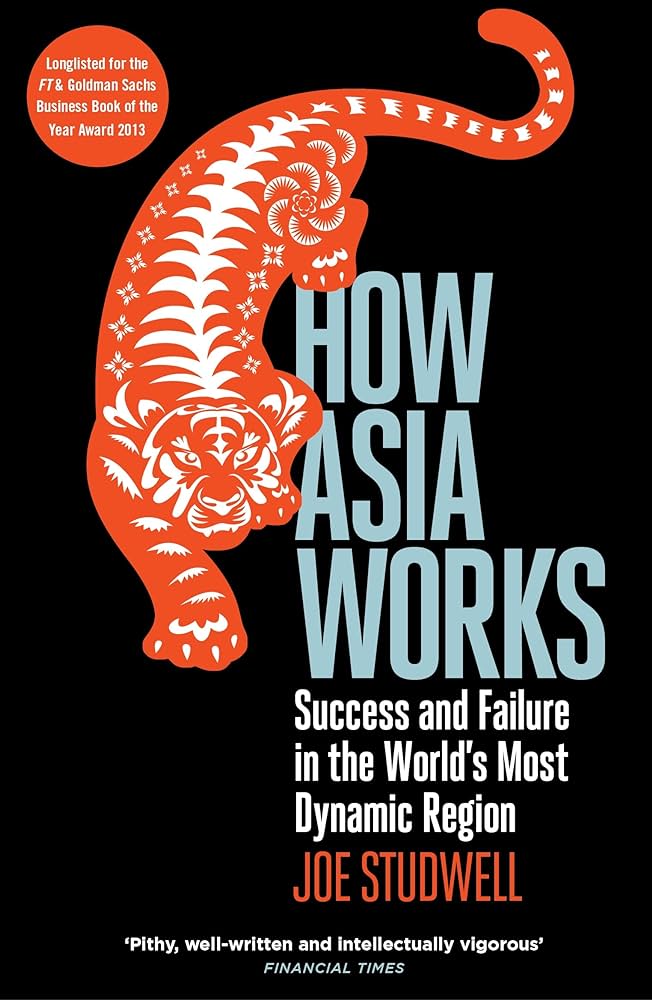

The Age of AI: And Our Human Future, by Henry A Kissinger, Eric Schmidt, Daniel Huttenlocher;
Three distinguished and insightful individuals, Kissinger, Erica and Huttenlocher, collaborate to examine the implications of Artificial Intelligence (AI) on the transformation of human society and its significance for global implications. This collective work endeavors to elucidate the profound impact of AI technology and its relevance to humanity, aiming to provide valuable insights for all individuals concerned with its development and impact.
The key takeaways from this collaborative work include an exploration of the profound impact AI will have on various aspects of human life, spanning from economics to ethics. It delves into the necessity for thoughtful governance and ethical frameworks to navigate the advancement of AI technologies responsibly. The book encourages a comprehensive understanding of AI’s potential, highlighting the significance of human agency in shaping its development and ensuring its alignment with human values and societal needs for a prosperous future.
Excellence Wins: A No-Nonsense Guide to Becoming the Best in a World of Compromise by Horst Schulze
Horst Schulze’s book Excellence Wins: A No-Nonsense Guide to Becoming the Best in a World of Compromise is a compelling beacon illuminating the path to excellence in a world that far too frequently accepts less. Schulze, renowned for co-establishing The Ritz-Carlton Hotel Company, shares invaluable insights and firsthand wisdom harvested from his extensive tenure in the service industry. Through gripping narratives and pragmatic counsel, Schulze unfurls the indispensable principles pivotal to fostering a culture of excellence, underscoring the pivotal roles of integrity, customer service, and leadership. This book isn’t merely a guide; it’s a powerful tool for individuals and organizations determined to transcend the ordinary, offering actionable strategies to attain unparalleled success while unwaveringly upholding high standards. Schulze’s enthralling storytelling and profound expertise render this book a compelling companion for those striving to thrive in today’s fiercely competitive landscape.
How Schools Work: An Inside Account of Failure and Success from One of the Nation’s Longest-Serving Secretaries of Education, by Arne Duncan
How Schools Work” by Arne Duncan offers a compelling insider’s perspective on the challenges and triumphs within the American education system. Drawing on his extensive experience as one of the nation’s longest-serving Secretaries of Education, Duncan delves into the complex landscape of education, discussing both the failures and successes.
Through candid accounts and insightful analyses, he addresses critical issues such as equity, reform, and the impact of policy decisions on students and teachers. Duncan’s book serves as an illuminating exploration of the inner workings of education, shedding light on the obstacles while advocating for positive change and innovation within the educational sphere.
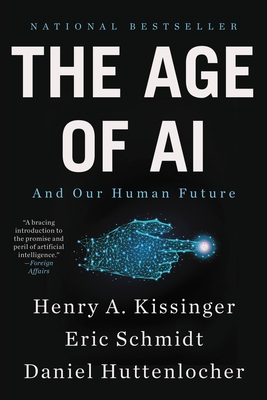
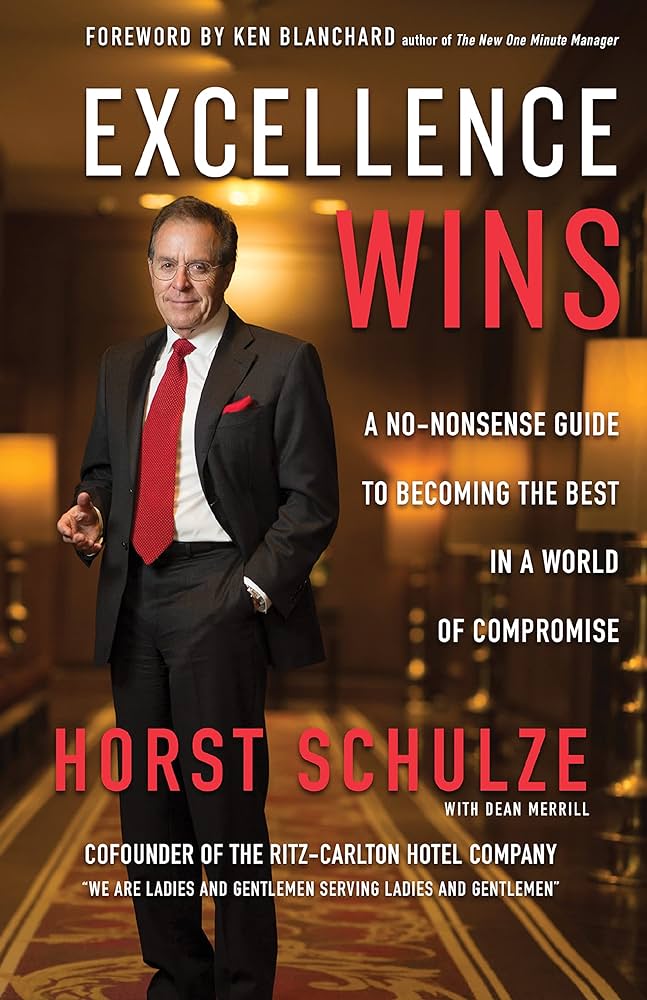
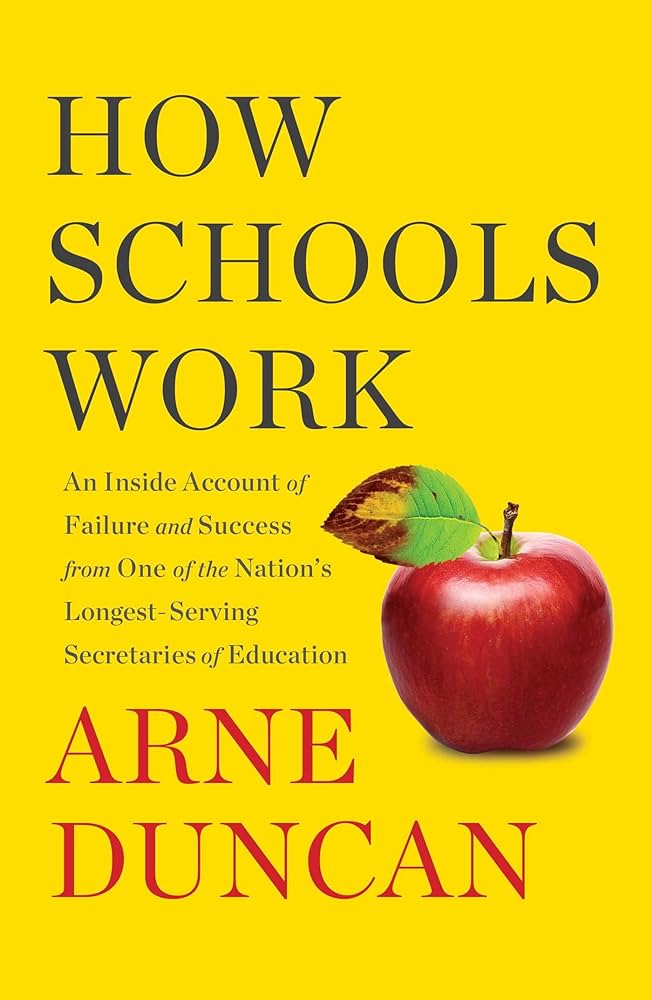
Secessionism in African Politics: Aspiration, Grievance, Performance, Disenchantment, Edited by Mareike Schomerus, Pierre Englebert, and Lotje de Vries
This compilation of essays scrutinizes 14 instances of attempted secession in Africa (readers view: Somaliland is not a secessionist state; instead, it is an independent entity that traces its origins to the nation-state formed in 1960). While some instances are widely recognized, such as South Sudan’s separation from Sudan and the formation of the de facto state of Somaliland within Somalia, the authors delve into several lesser-known cases. Examples include the island of Anjouan, which proclaimed independence from the Comoros in 1997 before reuniting in 2001, and the emergence of a secessionist movement in Namibia’s northeastern Caprivi region. Each case exhibits unique characteristics, yet the origins of secessionist demands often stem from a combination of factors such as a desire to escape economic or political marginalization, historical grievances, and discontent with existing institutional arrangements. Remarkably, some movements initially surface as strategies to attract attention from both national governments and foreign entities. Despite enduring discontent with postcolonial borders, actual secession has only occurred notably in two cases: Eritrea and South Sudan.
My critique of these essays focuses on their misrepresentation of Somaliland as a secessionist state. However, Somaliland isn’t a secessionist entity; it’s an independent nation tracing its roots to the 1960 establishment of a nation-state. The essays’ misconception fails to acknowledge Somaliland’s unique history and political path, inaccurately categorizing it as a secessionist region.
An introduction to African Politics by Alex Thomson
An Introduction to African Politics” by Alex Thomson is a comprehensive and illuminating exploration of the complex political landscape across the African continent. Thomson adeptly navigates through a range of historical, cultural, and socio-political factors that shape Africa’s political systems. This book delves into key themes, including colonial legacies, democratization, conflict, development, and globalization, providing an insightful analysis of Africa’s diverse political environments.
Thomson’s engaging and accessible writing style, coupled with pertinent case studies and examples, offers readers a nuanced understanding of the challenges and prospects within African politics. This insightful primer serves as an invaluable resource for students, scholars, and anyone seeking a deeper comprehension of the multifaceted nature of politics in Africa.

